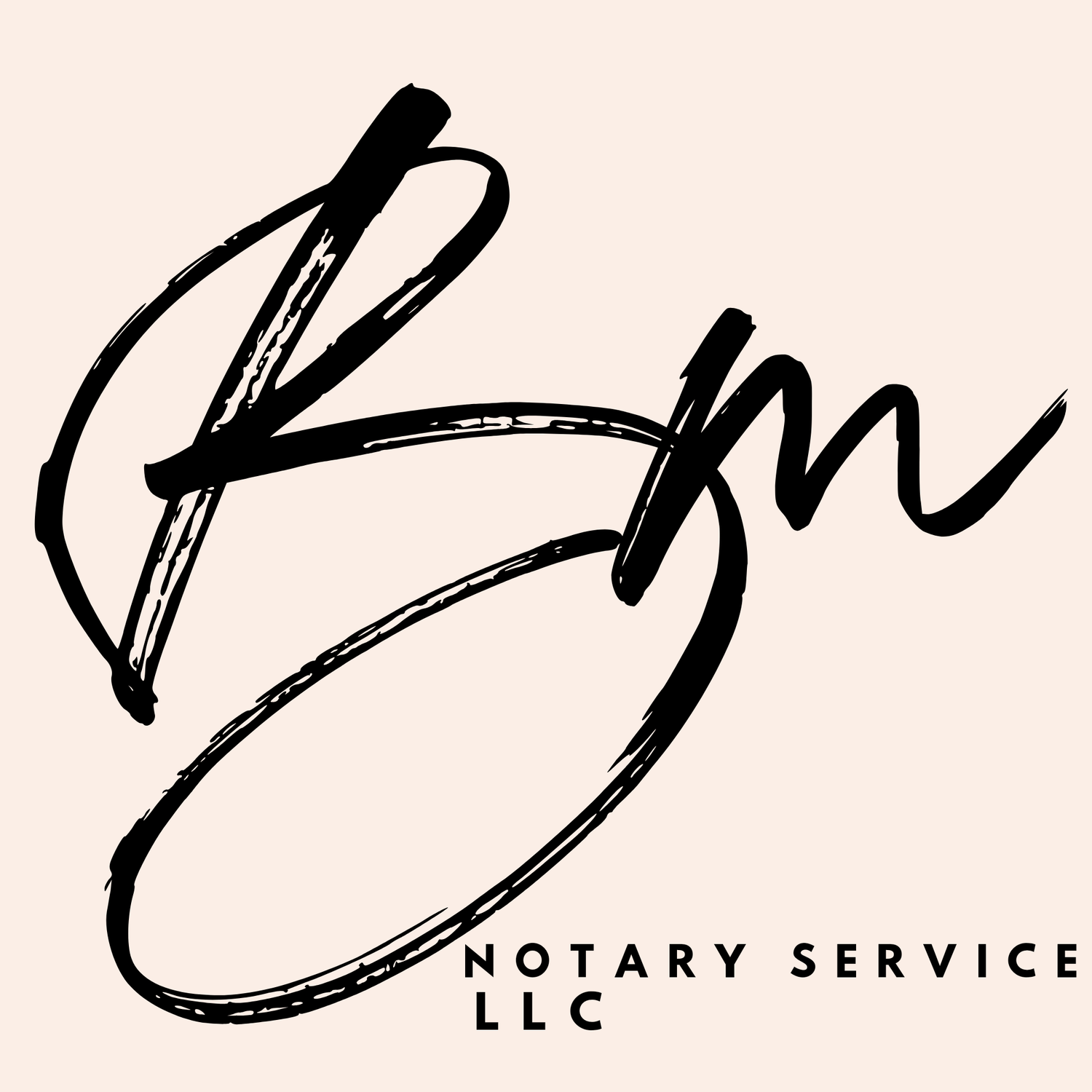Deceased Estate Administration: Managing Properties and Matters After Passing
Deceased Estate Administration: Managing Properties and Matters After Passing
Blog Article
Debunking Notarial Work: Streamlining the Duty and Value of Notaries
In the complex internet of legal documentation and confirmation, notaries stand as columns of guarantee and credibility. Their role, frequently shrouded in enigma for numerous, brings considerable weight in making sure the credibility and integrity of vital papers. As guardians of legitimacy and fact, notaries play a pivotal component in our society, yet their job is not always totally understood. By unraveling the intricacies surrounding notarial methods and losing light on the relevance of their acts, a more clear understanding emerges of the crucial role notaries play in upholding the fabric of contractual and lawful contracts.
The History of Notarial Job
The history of notarial work dates back to old worlds, where scribes played a crucial function in recording essential information and confirming files. This led to the advancement of notaries, individuals designated by the state to act as impartial witnesses in lawful matters.
During the Middle Ages, notaries obtained prominence in Europe, with their functions increasing to include composing legal records, licensing signatures, and protecting documents. The surge of global trade even more highlighted the significance of notarial job in validating agreements and agreements throughout boundaries.
In the contemporary era, notaries proceed to play an essential function in legal and organization purchases by validating identities, verifying the credibility of papers, and avoiding fraud. Their role in accrediting the validity of agreements adds a layer of safety and security and trust fund to the ever-evolving landscape of commerce and law.

Duties and Responsibilities of Notaries
Notaries play an essential role in validating the credibility of documents and the identity of notaries. One of their key responsibilities is to witness the finalizing of crucial documents, such as contracts, deeds, and wills, to ensure that all events are entering right into agreements knowingly and voluntarily.
Additionally, notaries are entrusted with administering vows and affirmations, which are crucial in lawful procedures and the execution of sworn statements. They license copies of initial papers, providing assurance to organizations that the copies hold true reproductions of the originals. Notaries have to maintain exact records of all purchases they manage to make sure openness and responsibility. In general, the responsibilities and responsibilities of notaries are crucial in guarding the integrity and legitimacy of various papers and deals.
Notarial Certificates and Signatures
Exemplifying careful attention to detail, notarial certifications and trademarks work as crucial components in verifying the authenticity of lawful files. Notarial certificates generally consist of vital info such as the date of registration, the names of the signatures, a description of the file, and the notary's main seal. These certifications provide a clear document of the notarial act, ensuring that the document can be quickly recognized click to investigate and mapped back to the notary who managed the process.
Signatures play a pivotal role in notarial job, as they signify the contract and authorization of the parties involved. Notaries meticulously witness the signing of papers to confirm the identity of the notaries and validate that they are signing of their very own free choice. By fastening their main seal and trademark to the document, notaries license that the required procedures have been followed and that the record is valid and enforceable.
In significance, notarial certifications and signatures are the trademark of authenticity in legal transactions, offering guarantee to all parties included that the papers are reputable and binding.
Value of Notarial Acts

Registration Process Described
Explaining the registration procedure provides clarity on the crucial actions associated with validating legal documents. The notarization process generally begins with the specific presenting the document to a notary public. The notary then confirms the signer's identity via appropriate identification methods. When the identity is validated, the notary guarantees that the specific authorizing the file does so willingly and with no browbeating.

Final Thought

Notarial certifications typically include essential information such as the date of registration, the names of the notaries, a description of the paper, and the notary's official seal. These certifications give a clear document of the notarial act, making certain that the paper can be quickly identified and traced back to the notary that oversaw the procedure.
By affixing their official seal and trademark to the file, notaries license that the necessary treatments have actually been adhered to and that the file is enforceable and legitimate.
By confirming the identity of the signatories, validating their desire to enter right into the arrangement, and licensing the day and place of the finalizing, notaries play an essential function in upholding the credibility of lawful papers.After the document is authorized, the notary will certainly affix their official seal or stamp onto the record.
Report this page